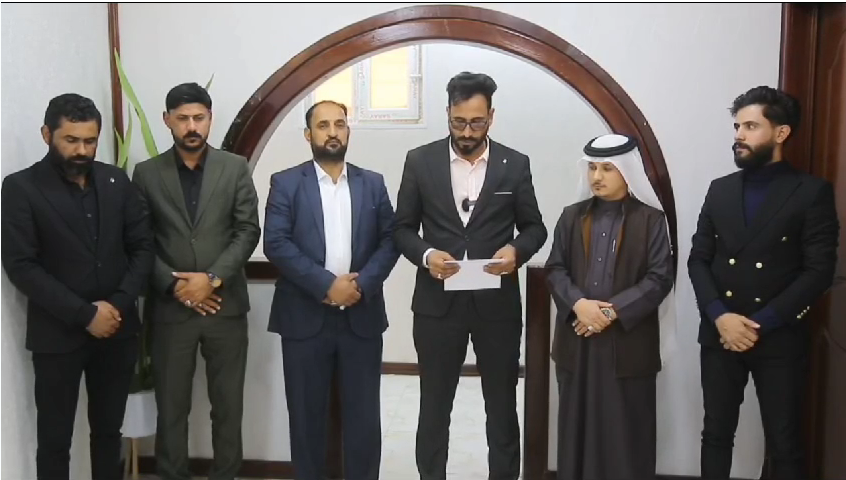Shafaq News/ Six candidates from the Task (al-Mohemma) alliance in the southern Iraqi governorate of Muthanna have withdrawn from the upcoming local election, citing "fundamental obstacles" in the work of the alliance.
The candidates announced their decision in a joint statement on Saturday, December 9, stating that their only goal in running was to serve the people of Muthanna. However, after extensive discussions, they concluded that continuing their campaign was no longer feasible due to issues within the alliance that "will be disclosed later."
"Our decision is final and irrevocable," the statement read. "Our supporters will be directed later to elect those they see fit after meetings with them."
Iraqis are preparing to cast their ballots in governorate council elections on December 18, 2023 in the midst of an ongoing conflict between the established political class and those seeking to challenge the status quo. Governorate councils play a vital role as the subnational legislative authority, as well as devising localised development plans.
"The Task alliance is a relatively young political entity. We have limited financial resources and lack the substantial backing enjoyed by other established parties in Iraq," Ahmed al-Khafaji, the head of the alliance in neighboring Dhi Qar, said. He suggested it may have played a role in the candidates' withdrawal.
"Some of their demands were high, and the alliance leadership could not meet them," al-Khafaji told Shafaq News Agency. "So they decided to withdraw from the elections and split from the alliance."
Governorate councils were established under the 2005 Iraqi constitution after the fall of Saddam Hussein's regime, and they wield broad financial legislative and executive powers as they are not subject to supervision of any ministry. They also have vast administrative powers and an independent financial system that entitles them to set budgets for many sectors such as education and health. Also known as provincial councils, the members enjoy powers similar to the members of the Council of Representatives, as they have the legal authority to appoint or dismiss the governor who serve as the heads of the local government in any Iraqi governorate, and they monitor all departments linked to central ministries and follow up on the performance of their directors and cadres.
Yet although there is common desire to see change, the political arena is chaotic. A dizzying array of parties and platforms are vying for seats; nearly 300 political parties within around 50 alliances will participate in the electoral process, as well as a significant number of candidates running on independent lists.

